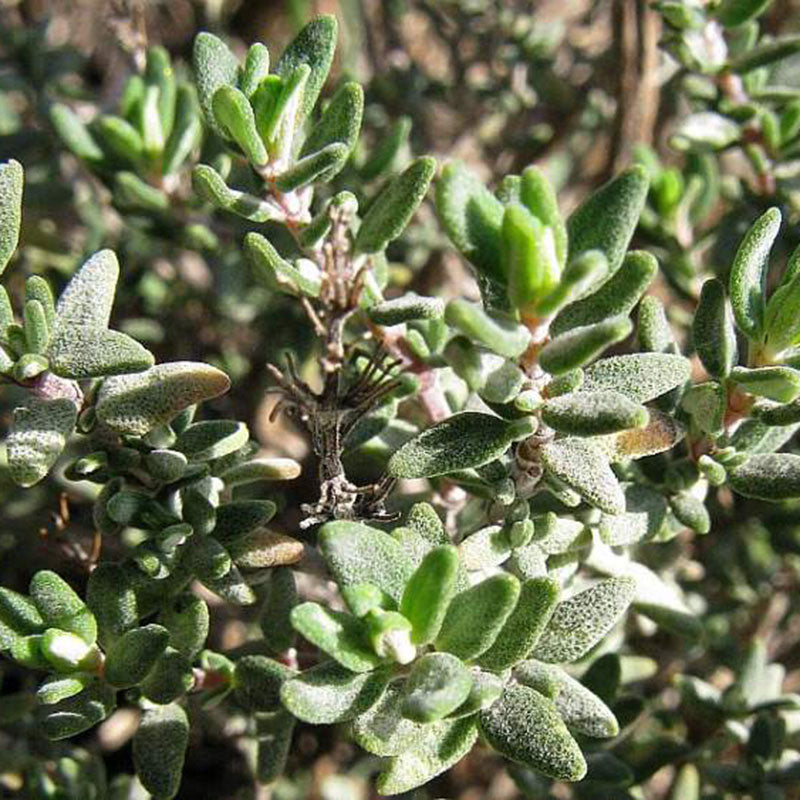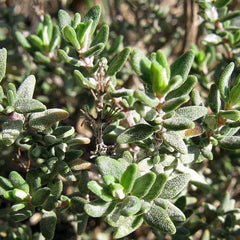

Thyme (Thymus vulgaris)
- $14.00 CAD
- $14.00 CAD
- Unit price
- per
50g, 100g, 250g
Couldn't load pickup availability
Parts used: Entire plant
Properties
Alterative, antibacterial, antifungal, antiseptic, antispasmodic, aromatic, carminative, diaphoretic, emmenagogue, expectorant, nervine, parasiticide, rubefacient, sedative, stimulant, vulnerary
Primary nutrients
Iodine, silicon, sodium, sulfur, vitamins B-complex, C and D
Thyme is a powerful antiseptic and general tonic with healing powers. It is used in cases of anemia, lung ailments and gastrointestinal ailments. It is also used as an antiseptic against tooth decay. Thyme destroys fungal infections such as athlete’s foot and skin parasites such as head lice. It has a long history of use as a folk remedy for bronchitis, catarrh, colic, diabetes, fever, leprosy, rheumatism, sore throat, warts and whooping cough.
Thyme has traditionally been used as an antiseptic. It does contain antibacterial and antifungal properties, according to some studies. There is also evidence of antispasmodic activity, with components relaxing the smooth muscles of the digestive tract and uterus.
Primary Applications
Bronchitis, acute
Colic
Digestion
Gas
Gout, external
Headaches
Laryngitis
Lung congestion
Sciatica
Throat problems
Secondary Applications
Appetite stimulant
Asthma
Bowel problems
Bruises
Diarrhea
Epilepsy
Fainting
Fevers
Gastritis
Heartburn
Hysteria
Infections, internal
Mastitis
Menstruation, inhibited
Paralysis
Parasites
Perspiration, lack of
Rheumatism
Sinus problems
Sprains
Stomach problems
Uterine problems
50g, 100g, 250g
RELATED PRODUCTS
- Choosing a selection results in a full page refresh.


